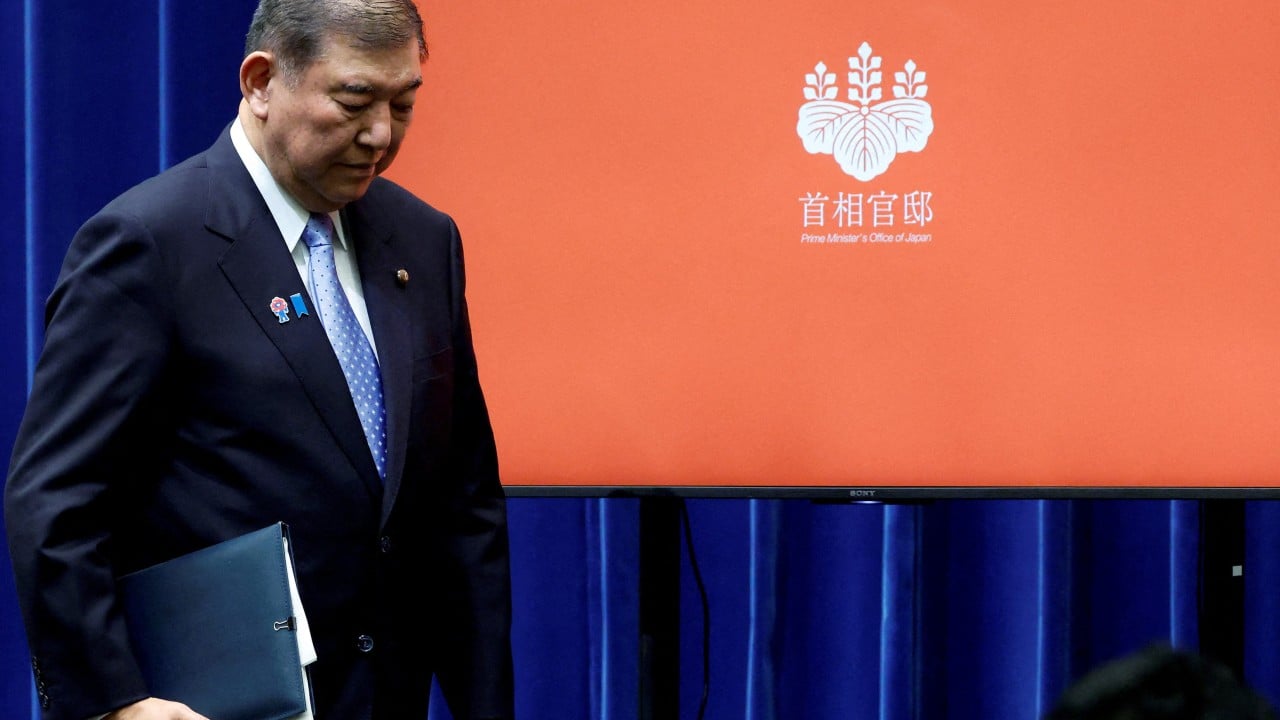Published: 9:30am, 24 Jun 2025Updated: 9:46am, 24 Jun 2025
A stinging electoral rebuke has left Japan’s Liberal Democratic Party (LDP) reeling and Prime Minister Shigeru Ishiba’s leadership in jeopardy, intensifying doubts about his future and raising the spectre of a broader collapse for the ruling party ahead of a national vote next month.
Advertisement
On Sunday, the LDP secured just 22 seats – one fewer than its previous record low in 2017 – amid mounting public anger over political funding scandals and growing economic anxieties. The result has fuelled rumours that Ishiba could be compelled to step down should the party’s fortunes fail to recover in the coming upper house election.
“This is a very severe result for the LDP and even worse than many were predicting,” said Hiromi Murakami, a professor of political science at Temple University’s Tokyo campus.
“Unfortunately for Ishiba, the results of Tokyo metropolitan elections statistically tend to be precursors of national elections,” she told This Week in Asia. “If he does as badly in the upper house election, then it is very probable that he will have to resign.”
Ishiba, who has occupied the prime minister’s office for less than a year, could trigger fresh political instability if forced to resign so soon. Such a move, Murakami warned, might plunge Japan back into the familiar pattern of revolving-door leaders, each serving scarcely a year.
Advertisement
In Sunday’s vote, the LDP lost eight of its seats, while its coalition partner Komeito claimed 19. Meanwhile, Tomin First no Kai – a regional party founded by Tokyo Governor Yuriko Koike and long a thorn in the LDP’s side – secured six additional seats, bringing its total to 32 in the 127-seat assembly.

